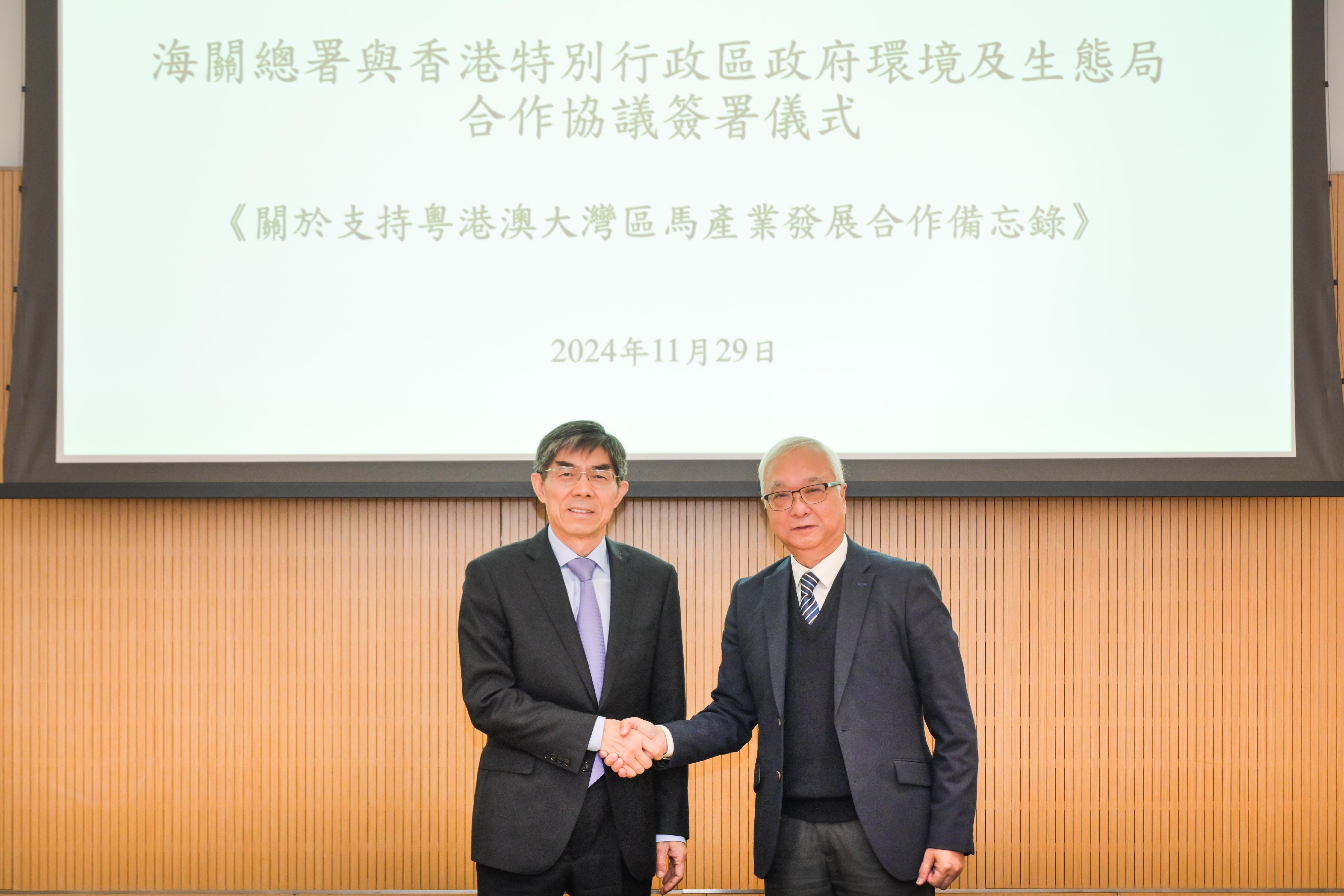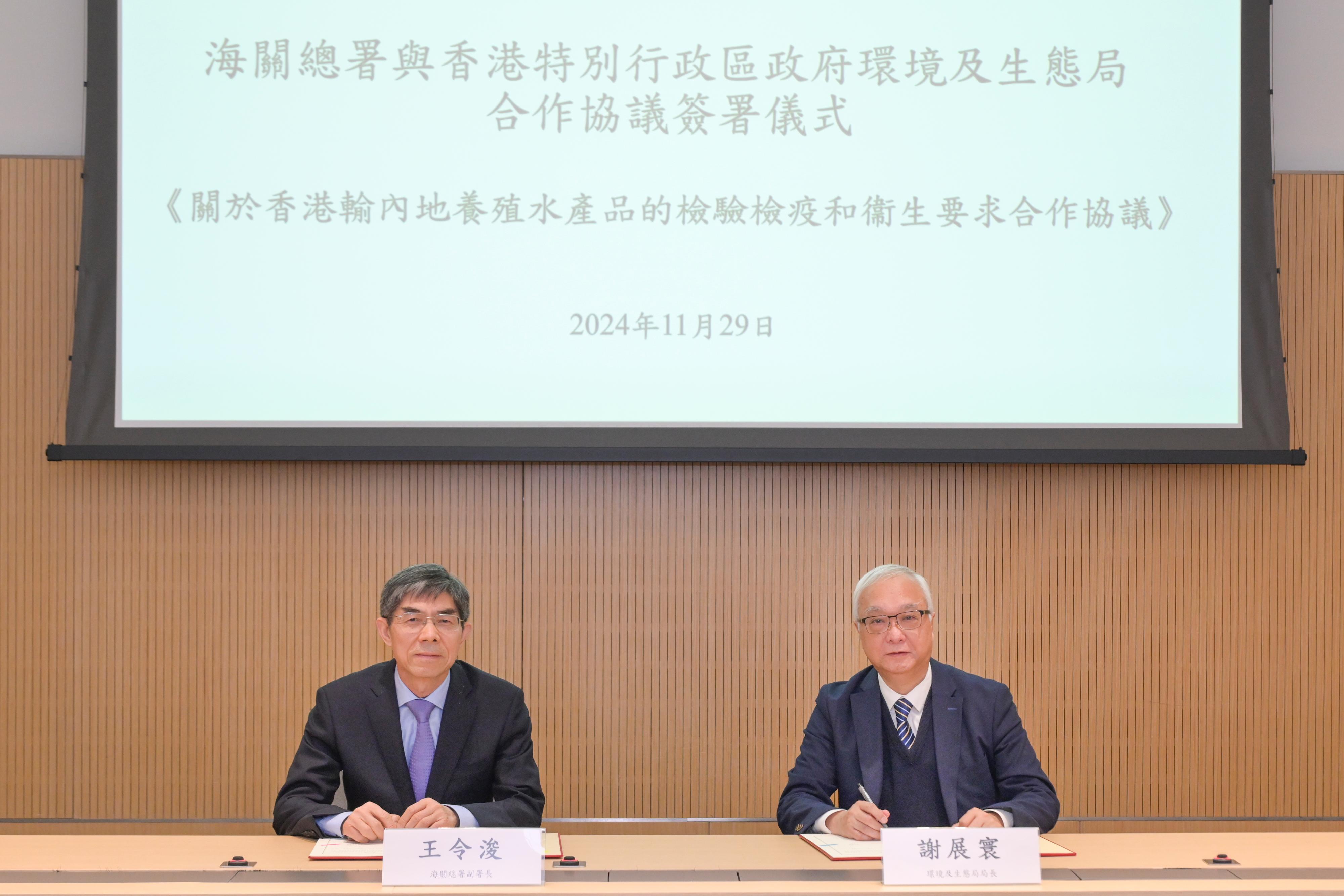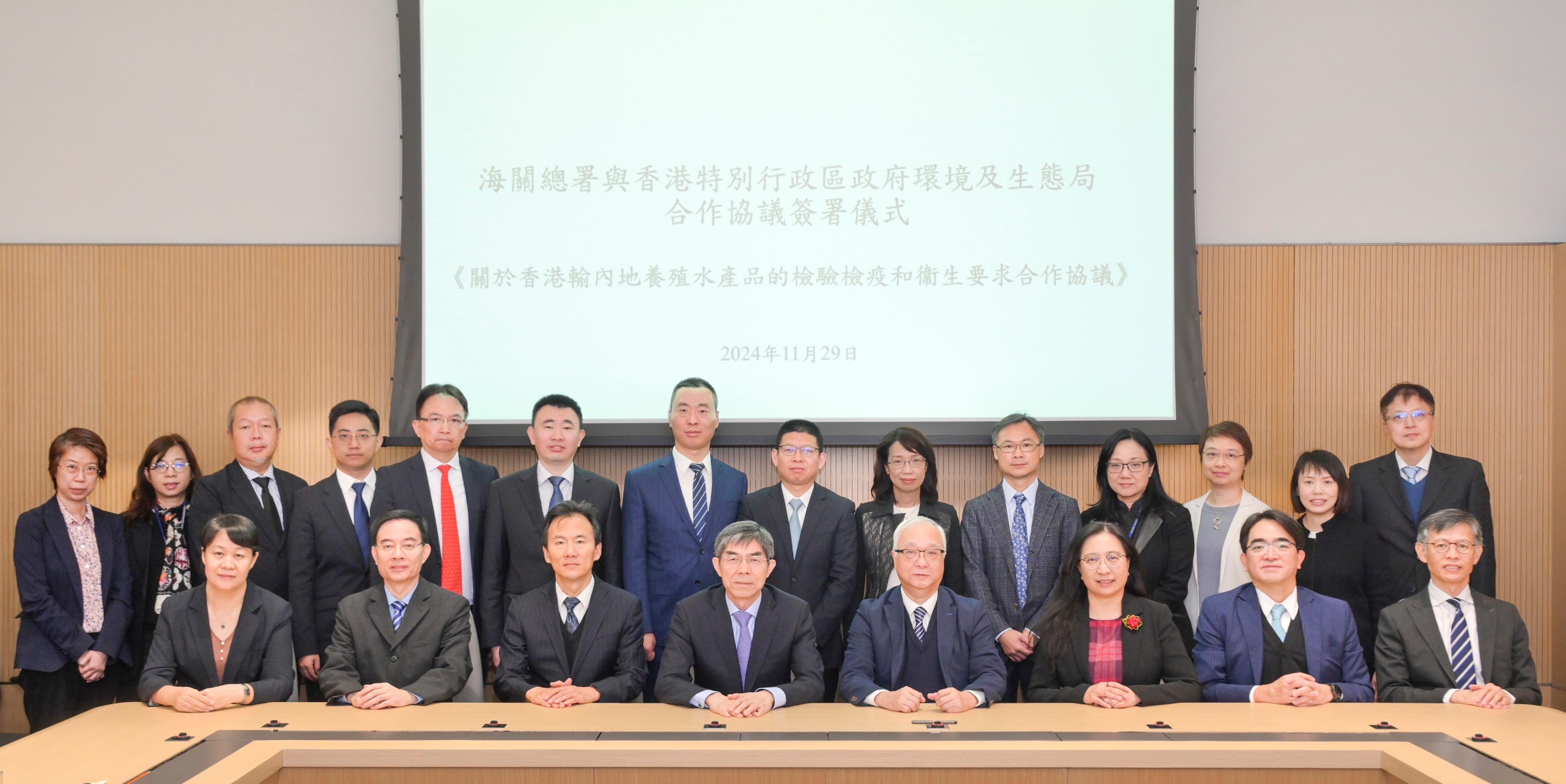One more person who joined tour to Foshan contracted Legionnaires’ disease
The Centre for Health Protection (CHP) of the Department of Health today (November 29) reported one imported case of Legionnaires’ disease (LD) which has epidemiological linkage with the cluster of LD cases involving a Foshan tour group organised by the Travel Around Limited announced on Monday. The CHP appealed to those who had visited Foshan on a group tour organised by the Travel Around Limited from November 7 to 17 to contact CHP as soon as possible for health assessment and medical surveillance.
Regarding the Foshan tour group with occurrence of four imported cases, the CHP has promptly followed up on the health status of the participants, and set up a hotline to provide assessments and medical surveillance for the related persons. The latest case involved a 70-year-old female with underlying illness, who joined a tour group organised by the same tour agent (tour code: BG-EAL03) from November 15 to 17. Preliminary investigation revealed that she had the same itineraries and hotel with the previous four cases. The CHP believed that she was infected during the trip.
Given that Travel Around Limited had two tour groups held from November 7 to 9 and November 15 to 17 respectively, with the same itineraries and hotel, had a total of five cases, it indicates that the source of infection persisted during this period. The CHP is now extending the tracing to include all persons who participated in the Foshan tour groups organised by this travel agent between November 7 and 17, which involves the following four tour groups (all group numbers are BG-EAL03):
- November 7 to 9;
- November 8 to 10;
- November 10 to 12; and
- November 15 to 17.
The CHP is actively contacting those who had participated in the above tours to follow up on their health conditions. The CHP also appealed to them take the initiative to call the CHP’s hotline (2125 2372) for follow up and medical surveillance. The hotline will be operating from 9am to 1pm tomorrow (November 30) and December 1. From December 2 to 6, the hotline will continue to operate from 9am to 5pm. They should seek medical advice immediately if they develop symptoms of infection, such as fever or feeling unwell.
The CHP has reported the case to the health authorities on the Mainland and informed the Travel Industry Authority in Hong Kong.
“Men, people aged over 50, smokers, alcoholics and persons with weakened immunity are more susceptible to LD. Some situations may also increase the risk of infection, including poor maintenance of water systems; living in areas with old water systems, cooling towers or fountains; using electric water heaters, whirlpools and spas or hot water spring spas; and recent stays in hotels or vessels,” the spokesman said.
Legionellae are found in various environmental settings and grow well in warm water (20 to 45 degrees Celsius). They can be found in aqueous environments such as water tanks, hot and cold water systems, cooling towers, whirlpools and spas, water fountains and home apparatus that support breathing. People may become infected when they breathe in contaminated droplets (aerosols) and mist generated by artificial water systems, or when handling garden soil, compost and potting mixes.
Immunocompromised persons should:
- Use sterile or boiled water for drinking, tooth brushing and mouth rinsing;
- Avoid using humidifiers, or other mist- or aerosol-generating devices; and
- If using humidifiers, or other mist- or aerosol-generating devices, fill the water tank with only sterile or cooled freshly boiled water, and not water directly from the tap. Also, clean and maintain humidifiers/devices regularly according to manufacturers’ instructions. Never leave stagnant water in a humidifier/device. Empty the water tank, wipe all surfaces dry, and change the water daily.
The public should observe the health advice below:
- Observe personal hygiene;
- Do not smoke and avoid alcohol consumption;
- Strainers in water taps and shower heads should be inspected, cleaned, descaled and disinfected regularly or at a frequency recommended by the manufacturer;
- If a fresh-water plumbing system is properly maintained, it is not necessary to install domestic water filters. Use of water filters is not encouraged as clogging occurs easily, which can promote growth of micro-organisms. In case water filters are used, the pore size should be 0.2 micrometres (µm) and the filter needs to be changed periodically according to the manufacturer’s recommendations;
- Drain and clean water tanks of buildings at least quarterly;
- Drain or purge for at least one minute infrequently used water outlets (e.g. water taps, shower heads and hot water outlets) and stagnant points of the pipework weekly or before use;
- Seek and follow doctors’ professional advice regarding the use and maintenance of home respiratory devices and use only sterile water (not distilled or tap water) to clean and fill the reservoir. Clean and maintain the device regularly according to the manufacturer’s instructions. After cleaning/disinfection, rinse the device with sterile water, cooled freshly boiled water or water filtered with 0.2 µm filters. Never leave stagnant water in the device. Empty the water tank, keep all surfaces dry, and change the water daily; and
- When handling garden soil, compost and potting mixes:
- Wear gloves and a face mask;
- Water gardens and compost gently using low pressure;
- Open composted potting mixes slowly and make sure the opening is directed away from the face;
- Wet the soil to reduce dust when potting plants; and
- Avoid working in poorly ventilated places such as enclosed greenhouses.
​​The public may visit the CHP’s LD page, the Code of Practice for Prevention of LD and the Housekeeping Guidelines for Cold and Hot Water Systems for Building Management of the Prevention of LD Committee, and the CHP’s risk-based strategy for prevention and control of LD. read more




